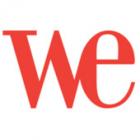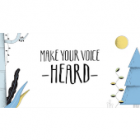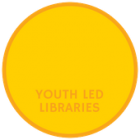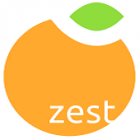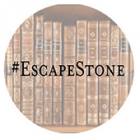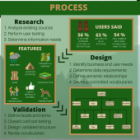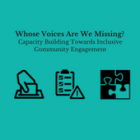
Whose Voices Are We Missing? Capacity Building for Inclusive Community Engagement
In 2015, Kitsap Regional Library completed a large-scale community assessment of Kitsap County. In this assessment, the library identified diverse community partners and asked them to share aspirations for their communities to help identify how the library might use its position within the county to make them a reality. Though the assessment was generally considered a success, it also revealed the library's lack of connection to the Latinx immigrant communities of Kitsap. This project presents a framework with which to engage these communities and create a more inclusive library.

